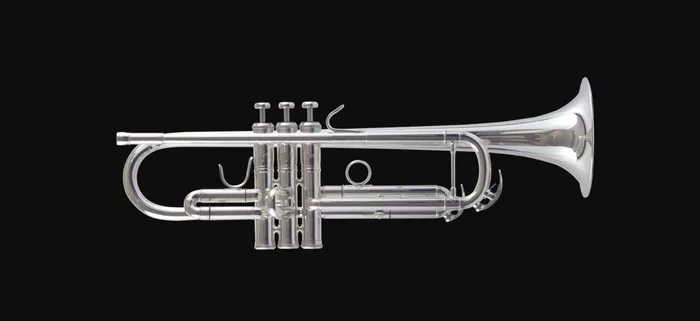The role of a lead trumpet player in a musical ensemble is both challenging and crucial. Whether you’re part of a big band, jazz ensemble, or any other musical group, playing lead trumpet requires a unique skill set. In this article, we will explore essential techniques and strategies to help you become a proficient lead trumpet player.
1. Develop Strong Fundamentals:
Before diving into the intricacies of lead playing, it’s imperative to have a solid foundation in trumpet playing fundamentals. Focus on proper breathing, embouchure, and posture. Ensure that your sound is clear, resonant, and projects well.
See Also: Why Is Trumpet Unique: Everything You Need To Know
2. Master Range and Endurance:
Lead trumpet players are often required to play in the upper register for extended periods. To build range and endurance, incorporate daily exercises that gradually expand your upper register. Scales, lip slurs, and chromatic exercises can be effective in strengthening your embouchure and developing the necessary stamina.
3. Work on Articulation:
Clear and precise articulation is vital for lead trumpet playing. Practice various tonguing exercises to enhance your articulation skills. Focus on achieving a clean, crisp attack on each note, especially in faster passages. Experiment with different articulation styles to adapt to various musical genres.
4. Develop a Strong Ear:
Lead trumpet players often need to play by ear and quickly adapt to changes in the music. Train your ear by listening to recordings of accomplished lead players. Focus on their phrasing, articulation, and stylistic nuances. Transcribing solos and playing along with recordings can help you internalize the nuances of lead trumpet playing.
5. Understand the Style:
Different musical genres demand different styles of lead playing. Whether you’re playing in a big band, a brass ensemble, or a jazz combo, understand the stylistic nuances of each genre. Study the great lead players in your chosen style and try to emulate their approach while adding your personal touch.
6. Dynamic Control:
Lead trumpet players must navigate a wide dynamic range. Practice playing with control at various dynamic levels, from soft and subtle to loud and powerful. Develop the ability to seamlessly transition between different dynamics to convey the intended musical expression.
7. Collaborate with the Section:
In an ensemble setting, communication within the trumpet section is essential. Work on blending with your section mates, matching articulation and dynamics. Pay attention to intonation and strive for a unified sound. A cohesive trumpet section enhances the overall musical performance.
8. Effective Sight-Reading:
Lead trumpet players often encounter challenging sight-reading passages. Improve your sight-reading skills by regularly practicing with diverse musical material. Focus on rhythmic accuracy and learn to quickly interpret key signatures and musical symbols.
9. Maintain Physical and Mental Health:
Playing lead trumpet can be physically demanding. Ensure you maintain a good physical condition through regular exercise and proper warm-up routines. Additionally, mental focus and relaxation are crucial. Practice mindfulness techniques to stay calm and focused during performances.
10. Continuous Learning and Growth:
The world of music is ever-evolving, and lead trumpet players must adapt to new styles and techniques. Stay engaged in continuous learning by taking lessons, attending workshops, and exploring new musical genres. Embrace challenges as opportunities for growth.
In conclusion
Playing lead trumpet requires a combination of technical skill, musicality, and adaptability. By mastering fundamentals, developing range and endurance, refining articulation, and understanding stylistic nuances, you can become a proficient lead trumpet player. Collaborating effectively with your section, honing sight-reading abilities, and maintaining physical and mental well-being are equally essential aspects of excelling in this demanding role. Remember, the journey to mastering lead trumpet playing is a continuous process of learning and refinement.


